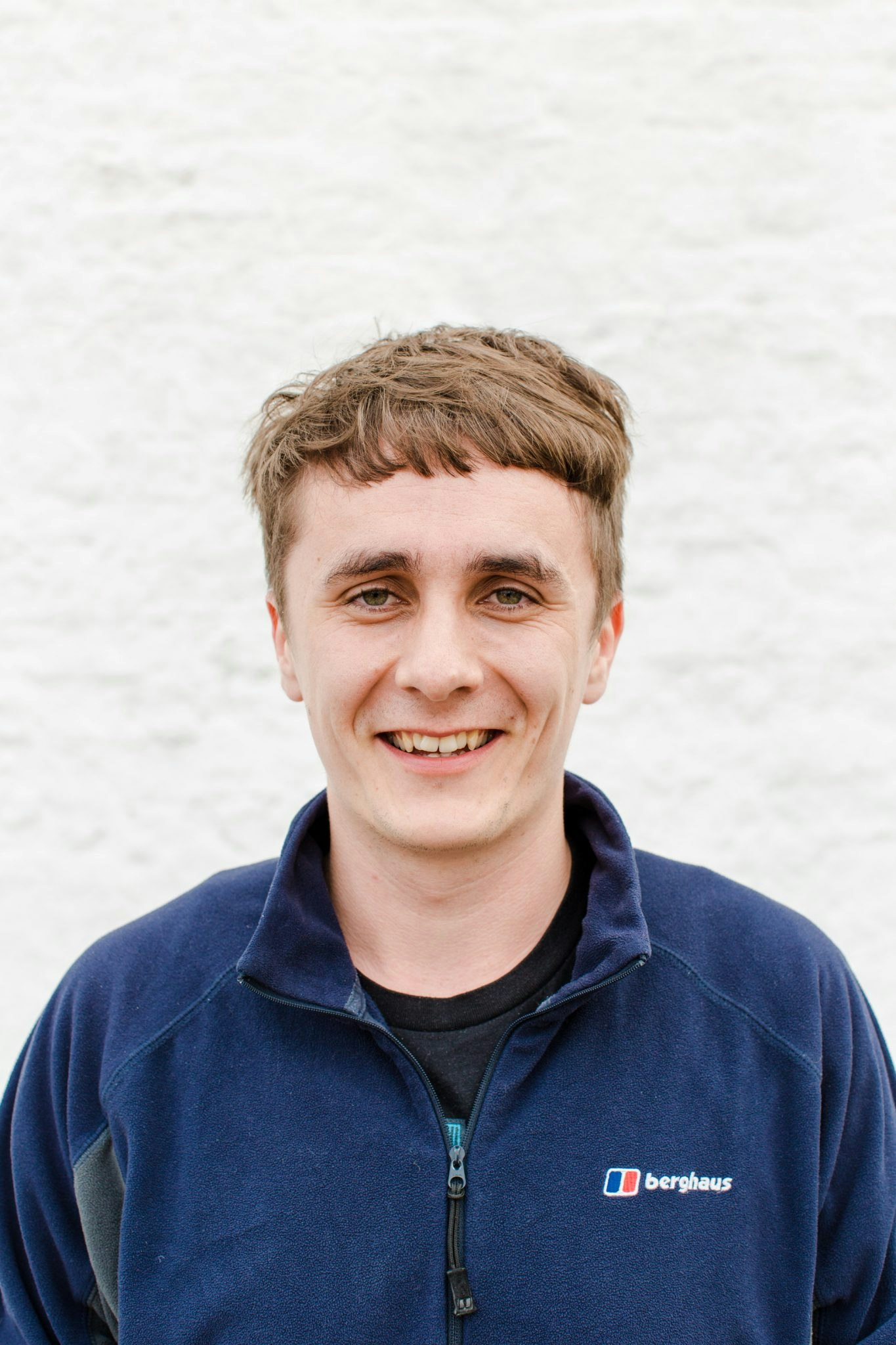One of the things I've learned recently about successful companies is the value of not holding on to sacred truths too tightly. Early success often validates some of the founder's key hypotheses which are quickly codified into formulas and followed like gospel. Companies would be better served by treating these as useful guidelines rather than hard and fast rules.
The most innovative, early-stage companies I've come across are incarnations of their founders' single-minded pursuit. At some point in the lead-up to the foundation of the company, the founder becomes so agitated by the idea of bringing a specific solution to a burning problem that she drops everything else and dedicates her life to this pursuit. The first step will be to convince her co-founders to do the same, and then on to raising money, finding space, hiring a team and building a prototype.
The best founders I have come across are inhabited by two conflicting personalities.
The best founders I have come across are inhabited by two conflicting personalities. Most of the time, they are stubborn and bull-headed, charging hard from one milestone to the next along the path to realizing the vision. But from time to time the other person takes over, pausing the mad charge forward, raising his head and asking for advice. When they face choices that could either accelerate or frustrate their pursuit and recognize that they don't have all the answers, they take a few beats to ask people they trust for advice on which path to take. They weigh those pieces of advice carefully, discuss them with their teams and then without further delay, make a decision and dive back into full-blown, head-down charging mode.
It is rare to find these two behaviours in a single person, but they're what I have seen in the best founders I have worked with. Having the self-belief and confidence to press forward in spite of the scepticism and negativity that surrounds any bold idea is the hallmark of every great founder. But combining this quality with the humility and self-awareness to know what you don't know and when it's crucial to get it right, is a very rare occurrence in my experience.
It is rare to find these two behaviours in a single person, but they're what I have seen in the best founders I have worked with.
One of the ways this duality benefits companies is by helping them let go of their strongest beliefs. Often, when something is working in a business, the leadership attributes the success to a specific set of criteria that underpin the success of the business. These are sometimes even described as recipes or formulas and become closely-guarded assets. Whether it's pricing, or the format of a product, how they sell or how they select customer groups or markets to enter, companies in their early years of success tend to relate these choices to specific variables which they uphold as ground truths. Yet I have seen several of these early leaders get a rude awakening when competitors— most often imitators— are successful by applying the leader's model with slight variations of the key variables which the leader hadn't bothered to try because the recipe said that they would never work.
This is one instance when the leader needs to pause and reflect instead of barrelling ahead. The ones who fail to do so mostly dismiss the upstart as a copy-cat who got lucky in a less important market and fail to derive any learning from their example. The ones who do, on the other hand, acquire a powerful insight and realize that while the formula that had guided their business to early success was valuable, it was not necessarily as precise and prescriptive as they thought. While they might have discovered most of the key terms in the equation, they needed to recognize that some of the variables and coefficients could be flexed and still lead to a correct result.
Maintaining self-belief and self-awareness is what allows the best founders to pursue their vision by following their own instincts and hard work, but also to absorb and integrate the best learnings from others who are experimenting and mutating their ideas in an effort to compete. Understanding and cherishing what has made them successful should not prevent them from loosening the reins on experimentation to learn more quickly how to generalize their success and extend their lead.
Neil Rimer is a partner at Index Ventures, a London and San Francisco-based venture capital firm he co-founded with Giuseppe Zocco and brother David Rimer in 1996.


